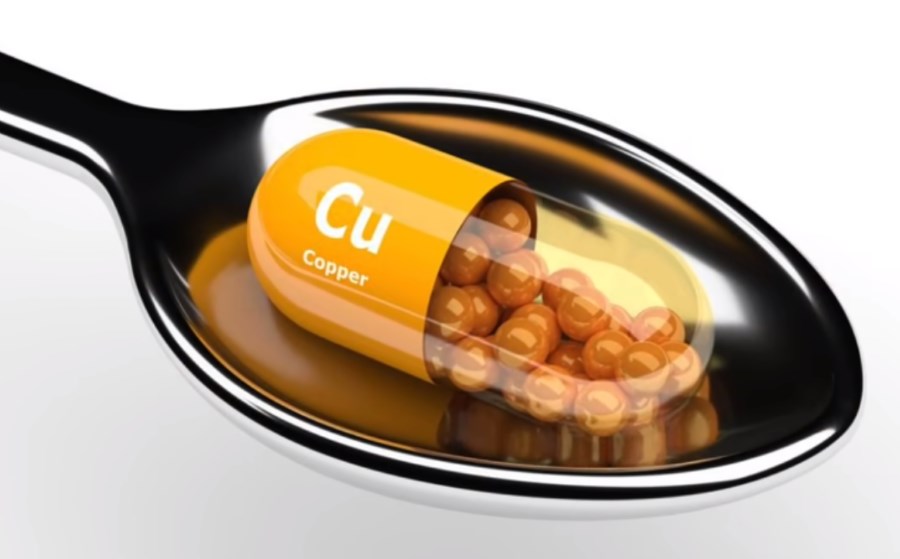
Collagen is that protein, that connects everything together. Out of all the protein in your body – about 35% of it is collagen. It’s a connective tissue. It makes up your cartilage, your muscles, your tendons, your ligaments, your eyes. The fascia, which holds all your muscles together, is below your skin right on top of your muscles. It makes up your bones, even your teeth, and it’s all around your skin. A lot of people are trying to boost their collagen by consuming collagen, when in fact they’re missing something else.
Contents
The Number 1 nutrient to boost collagen
The number one nutrient to boost collagen is copper. Copper has a direct effect on making collagen preventing the loss of collagen, making elastin, which is a protein, that supports the structural integrity of collagen. This trace mineral needed in a very small amount is necessary in the enzymes, that allow proteins to form. So, copper enzymes are all about structural integrity.
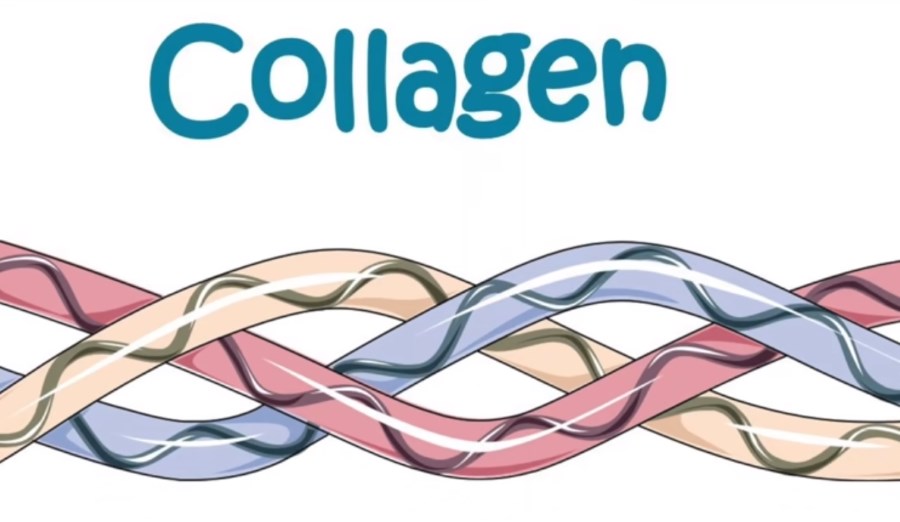
Symptoms of a copper deficiency
If you are deficient in copper, there are several things, that can happen with your body tissue.
It can lead to something, called swayback or lordosis. This happens in animals as well, like horses, but it also happens in humans where you have this excess lower back curve. That occurs because you don’t have the structural stability to hold everything together. So things are becoming a little bit too loose.
It can also show up in your skin as loose skin. And as a side note, copper has a lot of additional benefit including being able to tolerate the sun longer.
What about hernias? Some research shows the relationship between people having hernias with a significant deficiency in copper. That goes for all different types of hernias, whether they’re inguinal or hiatal, because you need the structural integrity, that copper gives, to hold everything together.
Copper supports your joints. If your joints are weak or they’re falling apart, chances are there could be a copper deficiency. If your muscles are weak, you may be deficient in copper. Athletes, that have sufficient copper, have more endurance; they’re more hydrated, they can go longer without drinking water.
Your lower back discs need copper to make them very strong. Your blood vessels need copper to prevent things like varicose veins.
Copper benefits
Let’s talk about some other benefits of copper.
- If you have an iron deficiency anemia situation, and you don’t have enough copper, and you take iron, you’re not going to be able to fix your anemia.
- Copper is really necessary for your immune system.
- If you’re deficient in copper, you can have a disorder, where you’re sweating excessively.
- Copper is also involved with melanin, which gives you that pigment. So, if you’re deficient in copper, you can gray prematurely.
- Copper also supports the brain and it can help you keep your balance in the dark, or when your eyes are closed. If you close your eyes and you feel dizzy or disoriented, that could be a copper deficiency. For example, if you take a shower and you take off your shirt, that momentary lack of light can affect your equilibrium and your balance.
- Having enough copper can also keep your uric acid in check.
- Copper is necessary to detoxify fluoride. By the way, the more fluoride you have in your body, the less copper you’re going to have.
- Copper has been known to help warm up feet. And that could be because it helps you transport iron, which is necessary in hemoglobin.
Foods high in copper
The foods that are high in copper are:
- liver
- kidney
- oysters
- shellfish
- shiitake mushrooms
- sesame seeds
- green leafy vegetables
- avocado
- cashews, peanut, hazelnut
- peas
- and eggs (learn more about benefits of eggs)
Copper deficiency causes
The biggest cause is that we just don’t have enough copper in our soils, which then translates to a copper deficiency in the foods that we eat. You’re also going to see a copper deficiency after gastric bypass surgery.
You can also get a deficiency, if you take too much ascorbic acid, which is part of the vitamin C complex. Normally, copper is supposed to be part of the vitamin C complex as an enzyme. But if you’re taking just a lot of ascorbic acid out of the normal complex, that can create a deficiency of copper too.
Another common cause of copper deficiency is by someone taking too much zinc. Recently, a lot of people have been on the bandwagon to take a lot of zinc. They’ve probably been taking zinc out of the complex of a lot of trace minerals including copper. Taking too much zinc over a period of time can throw off your copper ratios, having you be deficient in copper. So too much zinc can lower copper; too much copper can lower zinc. Both zinc and copper work together. Also too much copper can lower iron!
Too much sugar, especially fructose, can create a copper deficiency. Alcohol can create a deficiency as well as consuming too much fiber, that people are adding in the so-called keto-friendly bars or different foods.

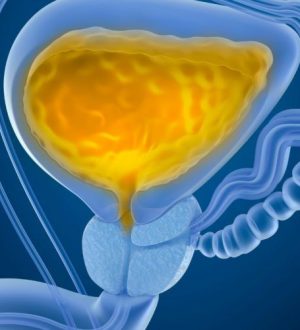
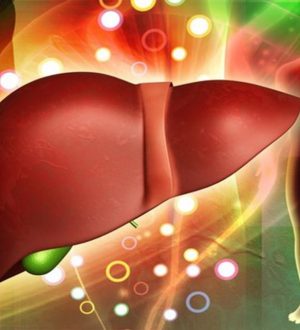

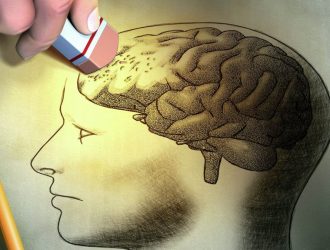

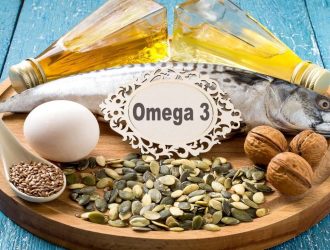

We Indians have been practicing the habit of drinking water from copper jar (which was let to stay overnight). This helped with many problems like stomach, skin, immunity etc. Nowadays due to modernization our people has stopped this.